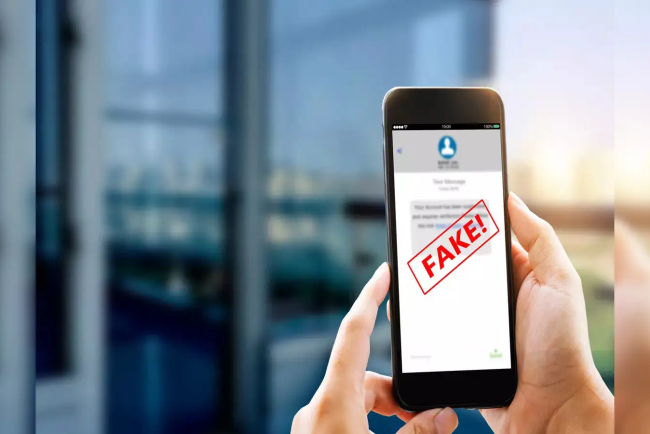Case 1 - Cheap stuff
A friend came across a scooter for sale on Facebook by someone claiming to be an Army member who was relocating and needed to sell it for ₹40,000. Trusting the story, the friend paid ₹20,000 as an advance. Later, the seller asked for the remaining ₹20,000, claiming the scooter was "halfway through." He also sent an Army ID for credibility. Upon checking, it was discovered that the ID was fake and stolen from Google, and the phone number was linked to spam. It became clear that this was a common cyber scam using fake Army identities to gain trust. The friend was advised to stop sending money and report the fraud.

One day, a friend of ours called and said, "I loved a scooter on Facebook, brother. He is an Army member. He informed me that he had been relocated and that he needed to sell some items when we spoke. The price he quoted was forty thousand. I handed him 20,000 rupees up front since I believed it was inexpensive.
He now claims that the car is halfway through. He is requesting an additional $20,000. He sent me his ID; please verify it and let me know if it is accurate. His ID was sent. It was an Army ID with a number on it. I knew as soon as I spoke with him that it was a.I realised it was a scam as soon as I spoke with him.
I discovered that the ID was stolen from Google and altered when I scanned it using Google Lens. Additionally, spam was the source of the mobile number. I then told him that this is a cyber fraud trend where people utilise an Army person's name to their advantage since they trust them. Therefore, stop sending him money and lodge a complaint against him right away.
What's Your Reaction?























